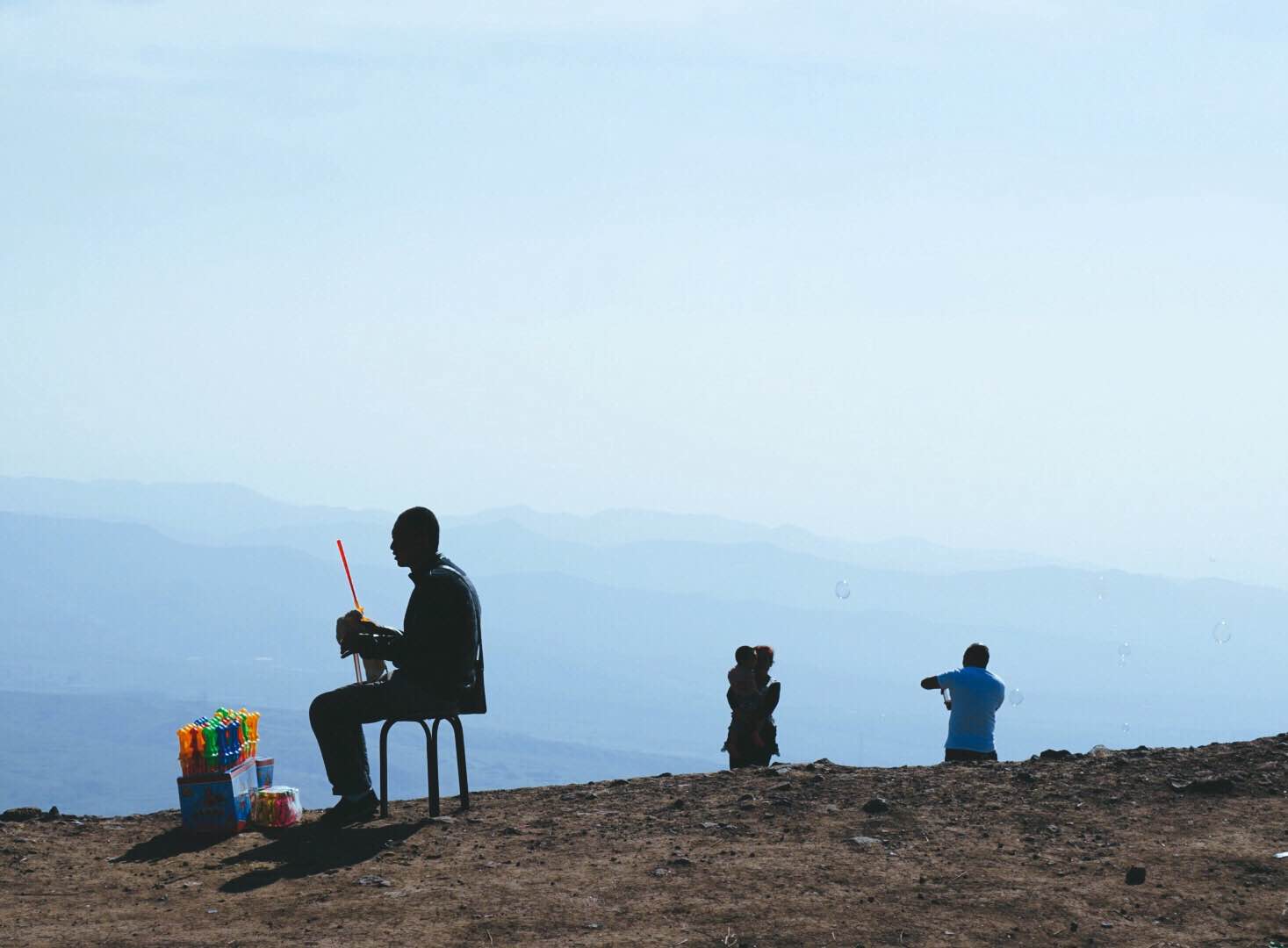Abstract
This article advocates for establishing ‘culture’ as the 18th Sustainable Development Goal (for the UN’s SDGs) to strengthen long-term cultural diplomacy strategies. The author argues that while the current 17 SDGs address diverse global challenges, they lack explicit recognition of culture's fundamental role in fostering international cooperation and understanding diversity. Drawing on the UNESCO 2005 Convention and Achille Mbembe's concept of "dissimilitude", the author proposes that artistic and aesthetic spaces can create opportunities for experiencing global citizenship through difference rather than assimilation. The article critiques the heterogeneity of existing SDGs, noting how some goals reflect dominant economic systems that may perpetuate neoliberal and neo-colonial approaches. It contends that cultural and artistic practices uniquely enable individuals to connect their personal experiences with global contexts, fostering sustainable living through diverse perspectives. By establishing culture as an SDG, international cultural policy actors could create spaces where citizens could experience cultural diversity, transfer personal perspectives globally, and develop the cultural competencies necessary for addressing complex global challenges through inclusive, multi-perspectival approaches to sustainability.


